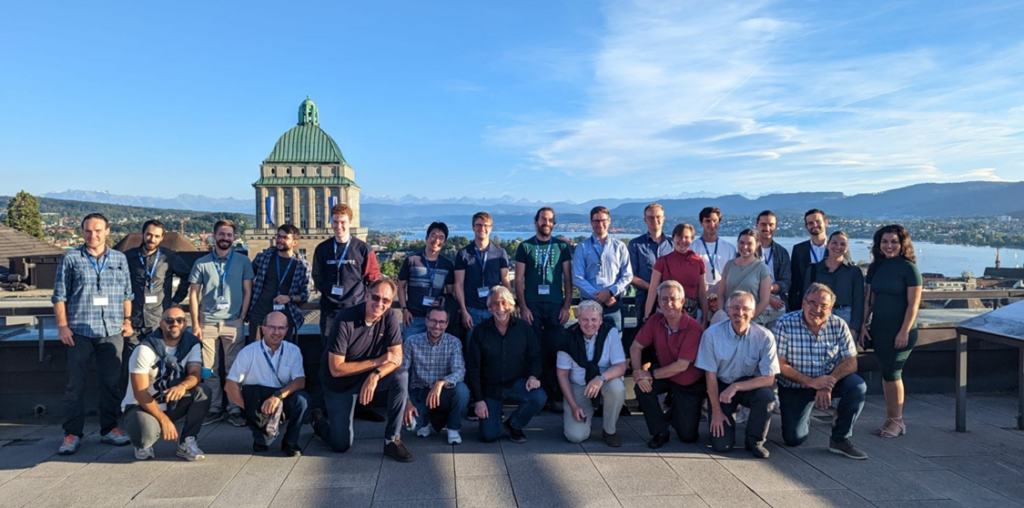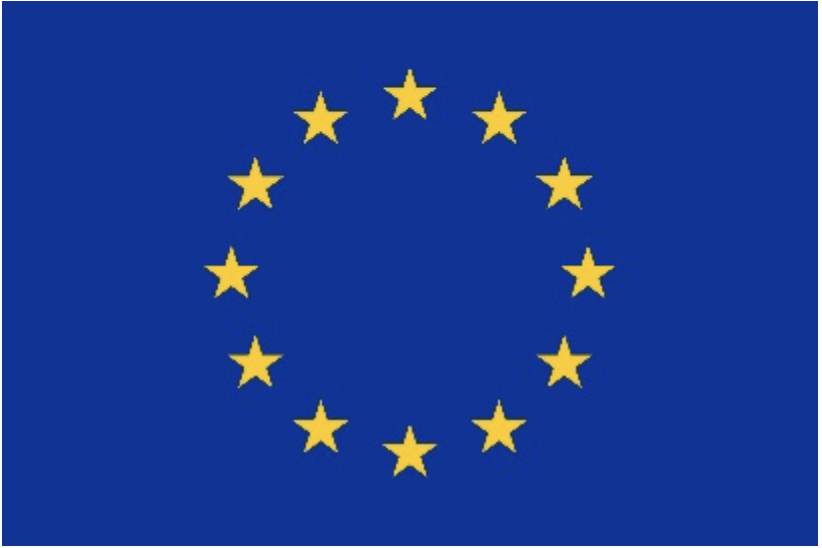The 3rd Doctoral Colloquium and Summer School of SFERA-III was held from 12 to 16 September 2022 by ETH Zürich in Zürich (Switzerland).
Doctoral Colloquium
Regarding the SFERA-III Doctoral Colloquium, the number of participants was 44, including 34 Ph.D. students from different partners of the project and 10 tutors.
The event was divided into 5 main sessions:
- Session 1 – Solar Systems
- Session 2 – Solar Optics
- Session 3 – Solar Receivers (Part B)
- Session 4 – Solar Fuels and Materials
- Session 5 – Solar Water Treatment
- Session 6 – Solar Receivers (Part B)
The presentations and the book of abstracts can be downloaded here.

Summer School
The SFERA-III Summer School’s topic was “Solar Thermochemistry”.
A list of speakers and preliminary talk titles can be downloaded Download here (PDF, 163 KB).

Find out and download the presentations of the SFERA-III Summer School below:
DAY 1
- Status and perspective of solar thermochemical fuels, chemicals, and basic materials production by Martin Roeb, German Aerospace Center
- Solar fuel processing by concentrated light and photoelectrochemistry by Sophia Haussener, Ecole Polytechnique Fédérale de Lausanne
- Solar reforming of methane by Jonathan Scheffe, University of Florida
- Decarbonizing aviation with solar jet fuel by Simon Ackermann, Synhelion AG
- Panel discussion: Industrial Deployment of Solar Heat for Chemical Processes. Moderator: Brendan Bulfin Panelists: Andreas Häberle (Eastern Switzerland University of Applied Sciences (OST)), Martin Roeb, Sophia Haussener, Jonathan Scheffe, & Simon Ackermann
DAY 2
- Development of redox oxides for thermochemical heat storage in concentrated solar power plants by Alfonso J. Carrillo, Universitat Politècnica de València
- Non-stoichiometric redox materials and their applications in thermochemical processes by Brendan Bulfin, ETH Zurich
The slides of the non-confidental talks can be downloaded here.

This project has received funding from the European Union’s Horizon 2020 research and innovation programme under grant agreement No 823802
